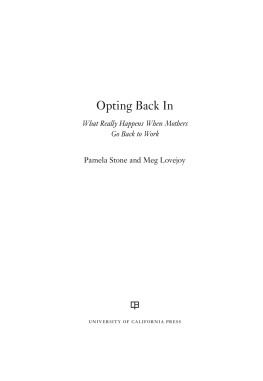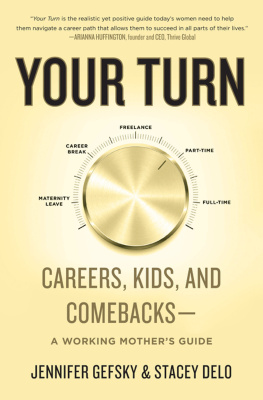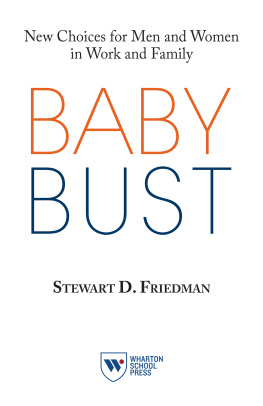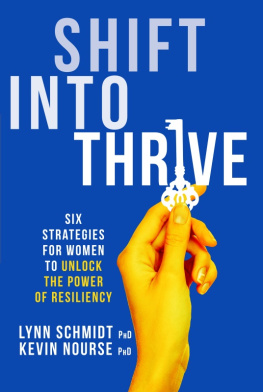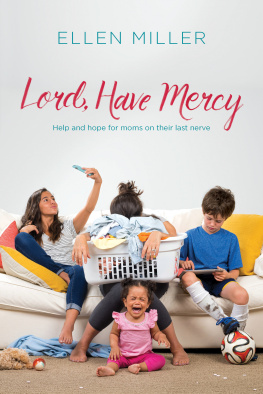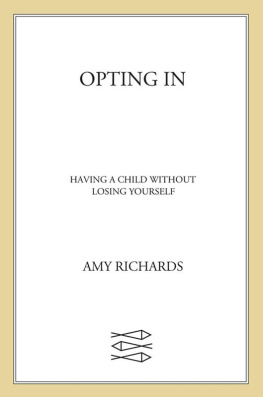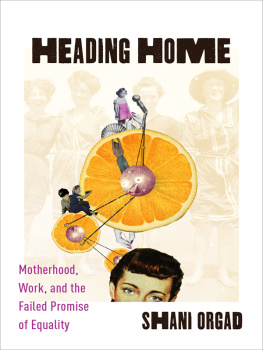Opting Back In

The publisher and the University of California Press Foundation gratefully acknowledge the generous support of the Barbara S. Isgur Endowment Fund in Public Affairs.
Praise for Opting Back In
Pamela Stone and Meg Lovejoy show clearly how womens cheerful language of reinvention following opting out veils status anxiety about their childrens future in an age of increasing income inequality and disillusion with the family-hostile and often sexist atmosphere in high-stakes, high-status jobs.
Joan Williams, Professor of Law and Director of the Center for WorkLife Law, University of California Hastings College of Law
Vividly captures the dilemma facing professional women wrestling with family obligations. Sympathetic and incisive, this book is a must-read for anyone who wants to understand the personal and public toll Americas lack of family policy enacts even on the advantaged.
Sharon Sassler, Professor of Policy Analysis and Management at Cornell University and coauthor of Cohabitation Nation
Demonstrates how the personal decisions of a group of elite women reverberate throughout our social world and become consequential both for those equally privileged and those with far fewer advantages. Beautifully written and impeccably organized.
Margaret K. Nelson, Hepburn Professor Emerita of Sociology at Middlebury College and coauthor of Random Families
This book provides keen insights on challenges professional women face as they exit careers and later attempt to reestablish them. Founded on rich data and crisply written, it is a must-read for anyone interested in work-family concerns.
Stephen Sweet, Executive Officer, Work and Family Researchers Network
Opting Back In is a book that we badly need. Stone and Lovejoy probe the lives of the very women who could and should be earning the same high salaries and leading the same companies and law firms as their male counterparts but are not. They demonstrate where and how the pipeline of female talent leaks, while also identifying paradoxes of privilege that reinforce existing power structures. It should be required reading at professional schools across the country.
Anne-Marie Slaughter, CEO, New America
Opting Back In
What Really Happens When Mothers Go Back to Work
Pamela Stone and Meg Lovejoy

UNIVERSITY OF CALIFORNIA PRESS
University of California Press
Oakland, California
2019 by The Regents of the University of California
Library of Congress Cataloging-in-Publication Data
Names: Stone, Pamela, author. | Lovejoy, Meg, author.
Title: Opting back in : what really happens when mothers go back to work / Pamela Stone and Meg Lovejoy.
Description: Oakland, California : University of California Press, [2019] | Includes bibliographical references and index. |
Identifiers: LCCN 2019006654 (print) | LCCN 2019009633 (ebook) | ISBN 9780520964792 () | ISBN 9780520290808 (cloth : alk. paper)
Subjects: LCSH : WomenEmployment re-entryUnited States. | Work and familyUnited States. | Choice (Psychology) | Life change events.
Classification: LCC HD 6054.2.U6 (ebook) | LCC HD 6054.2.U6 S76 2019 (print) | DDC 331.4/40973dc23
LC record available at https://lccn.loc.gov/2019006654
Manufactured in the United States of America
26 25 24 23 22 21 20 19
10 9 8 7 6 5 4 3 2 1
In memory of Ruth Sidel
For her heart, smarts, wit, and integrity, and for the gentle mentorship that advanced so many womens careers, including my own
Pamela Stone
For my mother
Determined, impassioneda forerunner and role model Meg Lovejoy
Dont think about making women fit the worldthink about making the world fit women.
Gloria Steinem
CONTENTS
ILLUSTRATIONS
FIGURES
TABLES
ACKNOWLEDGMENTS
Our greatest thanks, first, to the forty-three women who made this book possible for their extraordinary generosity in sharing their stories not once, but twice. Their reflectiveness and surprising candor about how their lives had unfolded since the first time we came knocking, a decade earlier, form the bedrock of this study.
We might never have reached out to these women, however, had it not been for the remarkable group of Stones undergraduate and graduate students who formed our research team: Katherine Cross and Lira Skenderi, then at Hunter College, and Lisa Ackerly Hernandez, Erin Maurer, and Robin Templeton of the sociology doctoral program at the Graduate Center of the City University of New York (where Cross is now a student). We owe them a huge debt of gratitude for their outstanding research assistance, which ranged from interviewing and initial coding to transcription and recordkeeping. Their interest in the topic, coupled with their incredible energy, intellect, competence, and creative sociological imaginations, was inspiring, and their collective insights and commentary on our emerging findings inform and enrich this book.
We also want to thank our editor, Naomi Schneider, for her unflagging supportand patiencein seeing this book through to publication. Indeed, it is because of Naomis advice and advocacy that this research resulted in a book rather than an epilogue. We cannot thank her enough for her many contributions to making this book immeasurably better and for being such fun to work with.
Funding provided to Stone by Hunter Colleges Presidential Research Grants, Roosevelt House Fellow Research Grants, and PSC-CUNY Research Awards was also critical to making the research a reality. In addition to the aforementioned research assistants, we want to thank others who provided important backstage support. For their literature review, preliminary qualitative data analysis, and transcription prowess, thanks go to Meghan Amato, Nicole Rios, and Nichole Whitney. For carrying out quantitative data analyses with accuracy, speed, and endless patience for one more run, our thanks to James Guerra.
We would also like to thank those whose careful review and editorial advice on our initial manuscript improved and clarified our prose. Special thanks go to Dawn Raffel, editor extraordinaire, for helping us smooth over the rough patches, and to our reviewers, for their careful reading and instructive comments.
Stone would like to acknowledge the many people who supported and encouraged her along the way, sometimes simply by listening enthusiastically. Particular appreciation goes to Judith Warner of the Center for American Progress for taking an early interest in this research. Her New York Times Magazine cover story building on what were then preliminary findings helped convince Stone of the researchs broader appeal and book potential. She thanks Jennifer Raab, president of Hunter College, for her ongoing interest in the issues this book addresses and for providing opportunities to bring her work to a larger audience. Thanks also goes to Stones department colleagues at Hunter and the Graduate Center, especially Janet Gornick and Karen Lyness, and her colleagues on the Life and Leadership research project shes been fortunate to be part of at Harvard Business School: Robin Ely, Colleen Ammerman, Laurie Shannon, and Elizabeth Johnson. Stone spent a semester as a visiting scholar at Stanford Universitys Clayman Institute for Gender Research, which came at a pivotal moment and facilitated completion of some of the research fieldwork as well as informing some of her early thinking about the project. A particular debt of gratitude goes to Director Shelley Correll and Executive Director Lori Mackenzie for their support in making this wonderful opportunity available and for innumerable small kindnesses throughout her stay there. Stone benefited greatly from feedback she received on presentations of preliminary findings at conferences and seminars at Harvard Business School, Stanford, and University of Southern California.

